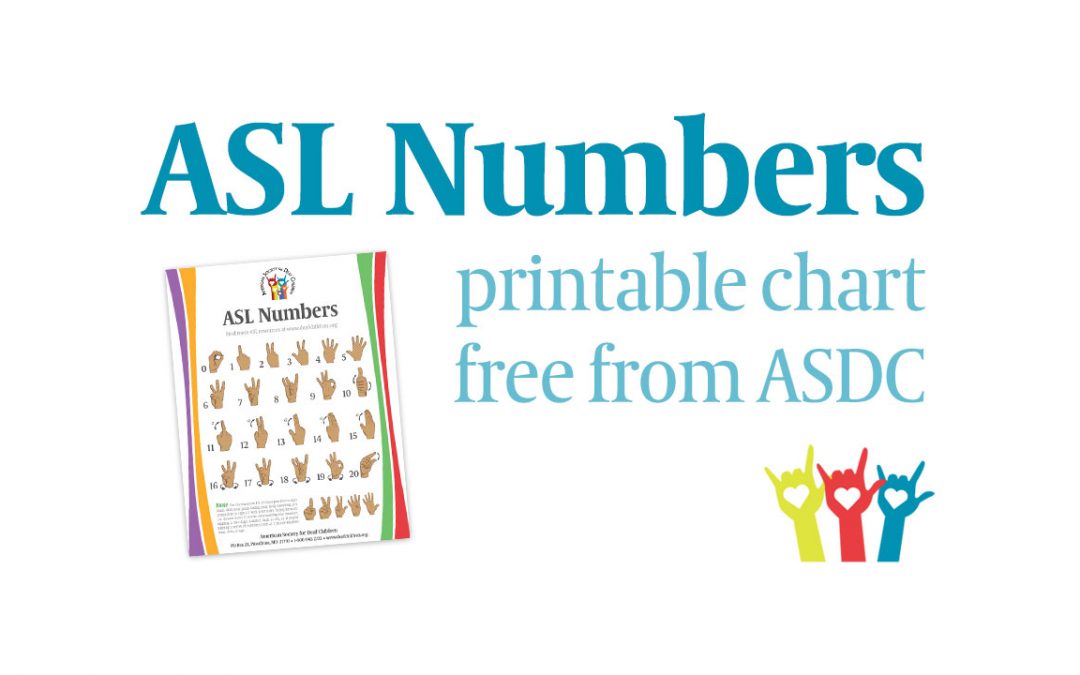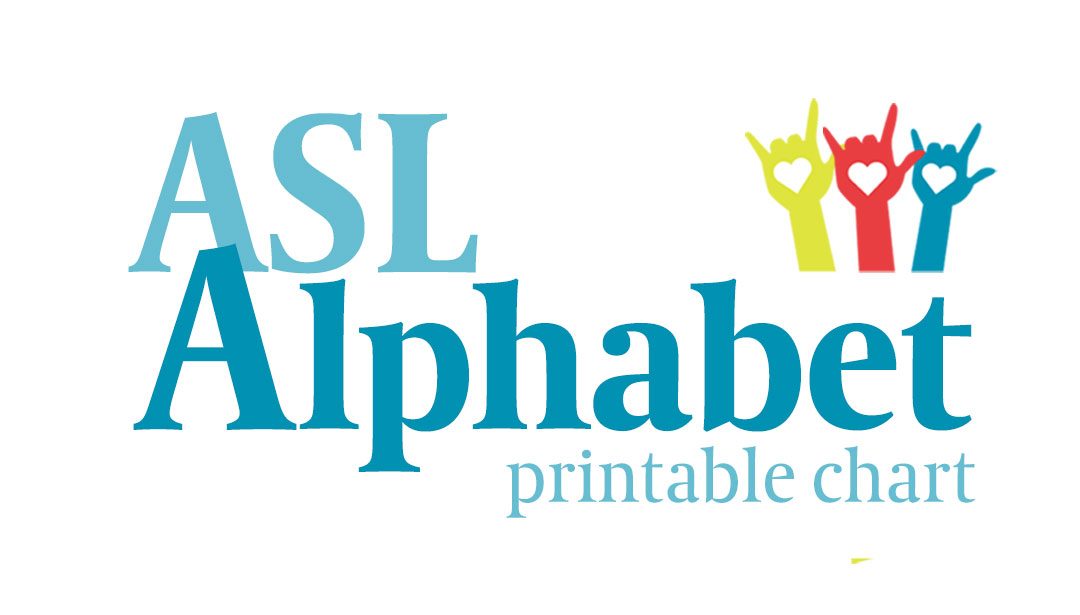Providers
Information to help providers working with Deaf childrenASDC believes that medical, audiology, and educational professionals serving deaf children and their families have a responsibility to:
- Be informed about the successes of deaf persons from all walks of life, including those who use American Sign Language, as their primary language and those who do and do not use cochlear implants.
- Recognize the benefits of early language, including sign language, and work to ensure that deaf children’s language development, whether signed, spoken or both, progresses at a rate equivalent to that of their hearing peers.
- Refer parents to a wide range of information sources, including deaf individuals, families with deaf children, schools for the deaf and local, state and national parent and deaf adult organizations.
We need to erase:
- Misconceptions that sign language will harm a deaf child’s language development.
- Misconceptions that supporting visual language means excluding spoken language approaches.
Additional Resources

Multicultural Deaf Education in Rural Communities
Educators, take a deep dive into understanding the world of your deaf students whose parents are non-native English speakers living in rural communities in America. Learn how to best support these students within the context of their home, school, and community.

New Guidelines for Early Hearing Detection and Intervention Programs
Do you work in the field of early hearing detection and intervention (EHDI)? Read this important update on best practices!

Gallaudet Summer Youth Programs 2020
Gallaudet University has opened its enrollment for their 2020 Summer Youth Camps.

Free ASL Numbers Chart
Get a free ASL numbers chart that show the hand shapes for numbers 0-20 in American Sign Language. Free from the American Society for Deaf Children. Please share!

Free ASL Alphabet Chart
Get a free ASL alphabet chart that show the hand shapes for letters A-Z in American Sign Language. Free from the American Society for Deaf Children. Please share!
Looking for an Audiologist?
The American Academy of Audiology is the world’s largest professional organization of, by, and for audiologists. Search their database of over 12,000 audiologists to find one near you. http://memberportal.audiology.org/Directories/Find-an-Audiologist?protected=false
Hearing Aid Donation Program
Hearing aid donation program
Language Learning Through the Eye and Ear Webcast
This webcast will give early interventionists a foundational knowledge to engage in dialogue with parents and professionals about the neurolinguistic benefits of early exposure to visual language for all babies.
A Guide for Interpreters Working with Students who use Cochlear Implants
A Guide for Interpreters Working with Students who use Cochlear Implants
Students with Cochlear Implants – Guidelines for Educational Program Planning
Students with Cochlear Implants – Guidelines for Educational Program Planning

